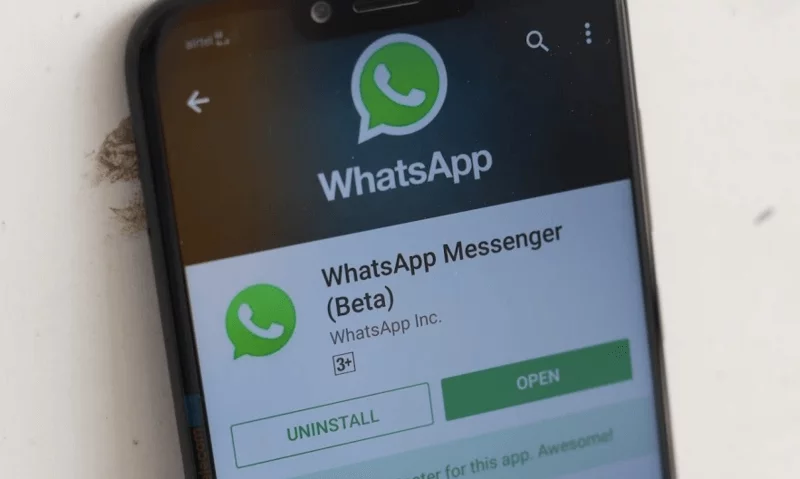WhatsApp will start taking legal action against individuals and companies sending out bulk messages in violation of its service terms even if such information is available through channels outside the messaging platform. Entities "engaged in or assisting others" for activities such as sending automated or bulk messages would face legal action from December 7 onwards. The development assumes significance as reports claimed that tools are being used by marketers and other entities to send out spam messages on the platform, that has more than a billion users worldwide.

With more than 200 million users, India is a key market for WhatsApp. In its FAQs section, the Facebook-owned company said its products are not intended for bulk or automated messaging and these are against its terms of service.
"In addition, beginning on December 7, 2019, WhatsApp will take legal action against those we determine are engaged in or assisting others in abuse that violates our Terms of Service, such as automated or bulk messaging, or non-personal use, even if that determination is based on information solely available to us off our platform," it said.
Off-platform information would include public claims from companies about their ability to use WhatsApp in violation of the messaging platform's terms.
"This serves as notice that we will take legal action against companies for which we only have off-platform evidence of abuse if that abuse continues beyond December 7, 2019, or if those companies are linked to on-platform evidence of abuse before that date," WhatsApp said.
When contacted, a WhatsApp spokesperson said the company has taken action to prevent bulk messaging and maintain limits on how the platform can be used.
"We've also stepped up our ability to identify accounts that misuse WhatsApp and ban them from our service. We know that people want to communicate with businesses on WhatsApp, which is why we've developed WhatsApp Business and are working to expand our features and uses for these products," the spokesperson added.
In a white paper released in February, WhatsApp said that its abuse detection operates at three stages of an account's life cycle -- at registration, during messaging, and in response to the negative feedback that it receives in the form of user reports and blocks.















